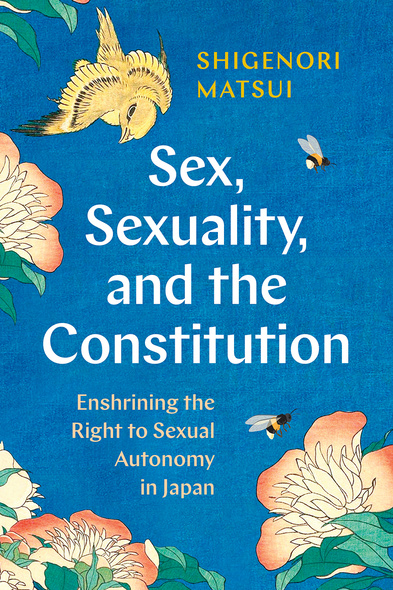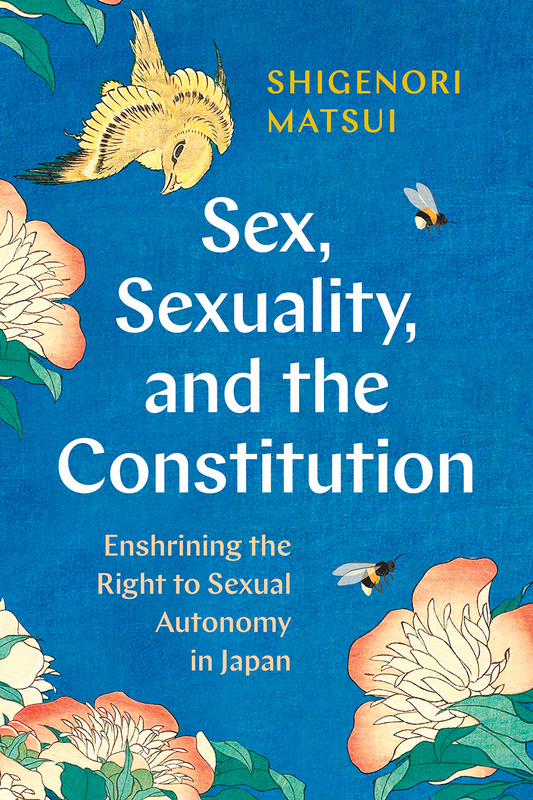
Sex, Sexuality, and the Constitution
Enshrining the Right to Sexual Autonomy in Japan
Sex and sexuality are an integral part of human life and vital for the survival of the human race, but sexual freedoms in many countries have yet to be enshrined as constitutional rights.
Focusing primarily on Japan, Sex, Sexuality, and the Constitution critically reconsiders the relationship between individual freedoms and constitutionally entrenched protection of sexual autonomy. As a sharply declining birthrate triggers population loss and shrinks the working population in Japan, national spending on social security is under increasing pressure to support an aging population. In response, government policy is increasingly focused on boosting the birthrate. Shigenori Matsui explores the extent to which governments should be allowed to restrict or influence sexual autonomy in pursuit of population goals to support desired population policy outcomes. Should the constitution protect the following rights: an individual’s right to decide or change sexual or gender identity; to have sex, to refuse to have sex; to have a child, through natural birth or through access to medically assisted reproduction; or to not be forced to have a child, through access to abortion?
This rigorously detailed legal analysis argues for sexual autonomy as a constitutional right, a position that has potential implications for government policy not only in Japan but in all countries facing similar issues.
Researchers and scholars of law, Japanese legal studies, gender and sexuality studies, and population policy will find this an invaluable study with broad implications for individual autonomy and rights.
Sensible as well as highly readable, Sex, Sexuality, and the Constitution is a must-have for scholars and students interested in privacy and sexual autonomy from a comparative perspective. The Japanese experience is a rich source of fascinating and thought-provoking material, and no one knows it better than Professor Matsui
This is the first book to undertake such a comprehensive examination of the legal and constitutional treatment of sexual autonomy in Japan.
Shigenori Matsui is a professor in the Peter A. Allard School of Law at the University of British Columbia and an internationally renowned expert in Japanese constitutional law, mass media law, and internet law. He has served as a member of Japan’s National Freedom of Information Review Board and as an examiner for its National Bar Examination Commission. Dr. Matsui has published more than forty books in Japan and is the author of Law and Disaster: Earthquake, Tsunami and Nuclear Meltdown in Japan and The Constitution of Japan: A Contextual Analysis. He lives in Vancouver.
Introduction
1 Sexual Autonomy: Sex, Childbirth, and the Constitution
2 Sexual Freedom: The Right to Decide One’s Sexual Identity and the Right to Have Sex
3 Rape: The Right Not to Be Forced to Have Sex
4 Childbirth: The Right to Have a Child
5 Abortion: The Right Not to Be Forced to Have a Child
6 Sex, Childbirth, and the Government: Sexual Freedom, Freedom of Choice, and Population Policy
Conclusion
List of Caselaw, Legislation, and Treaties
Notes; Index






